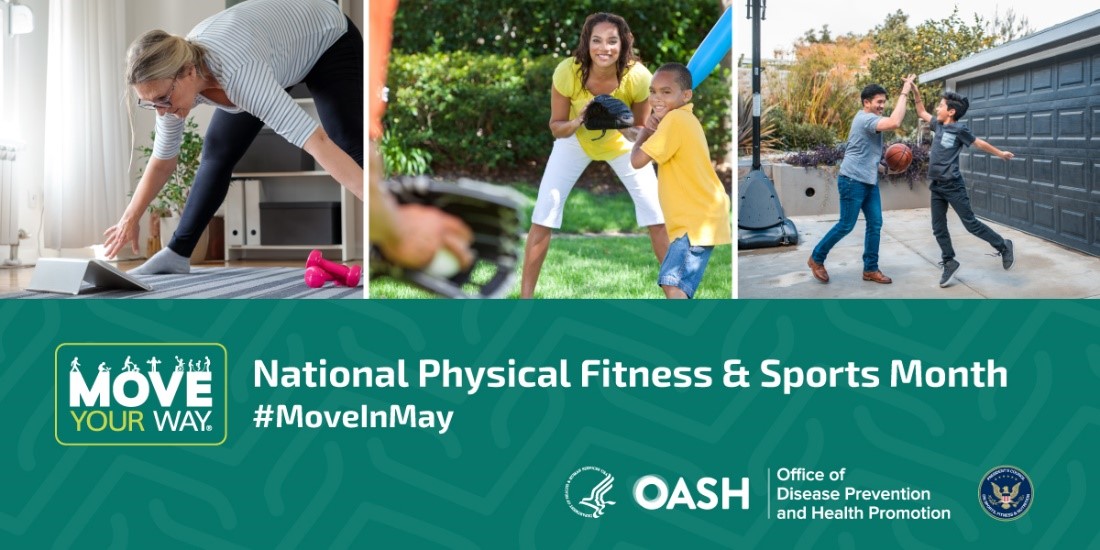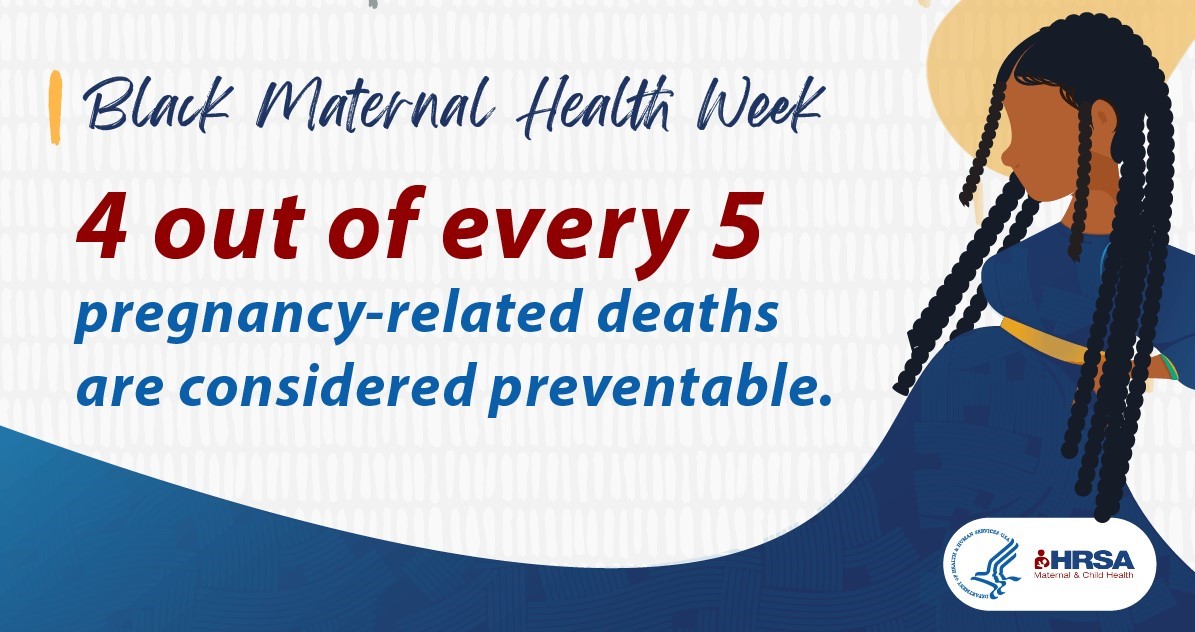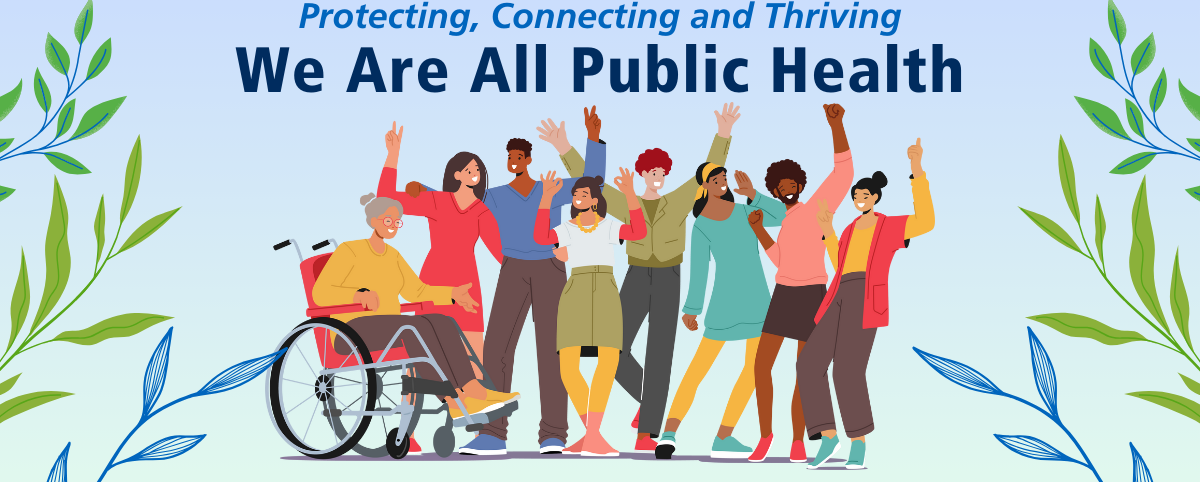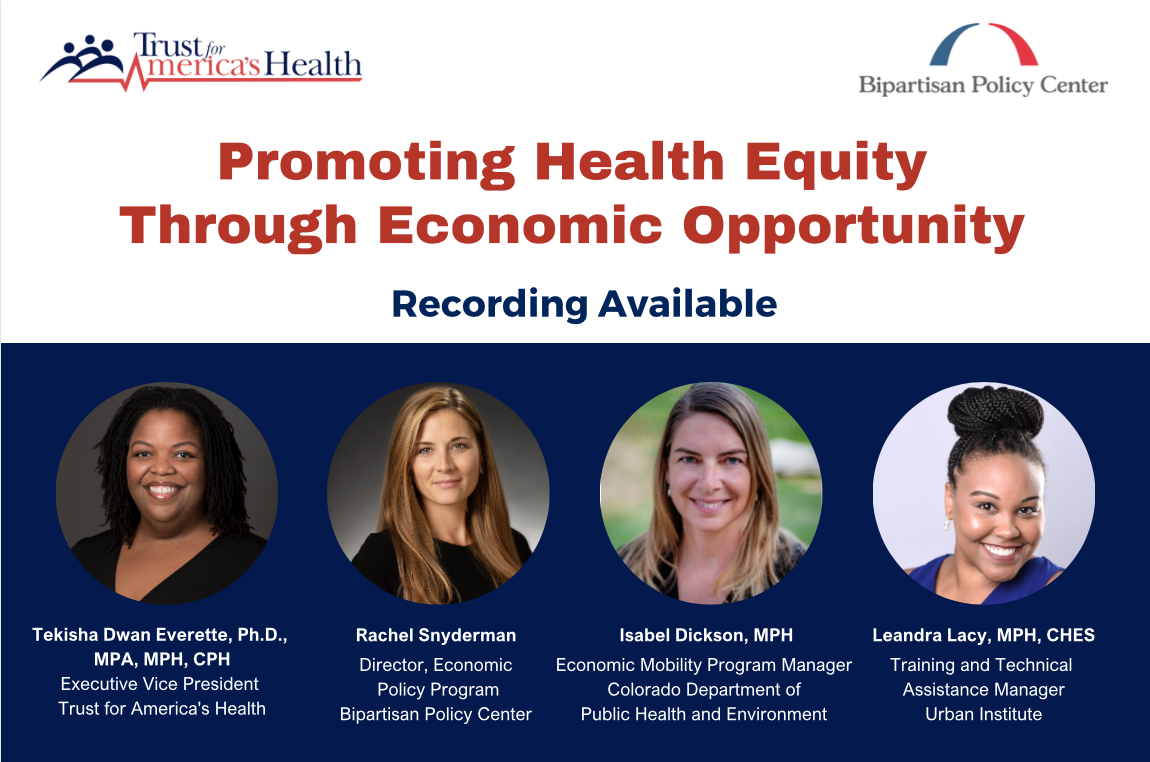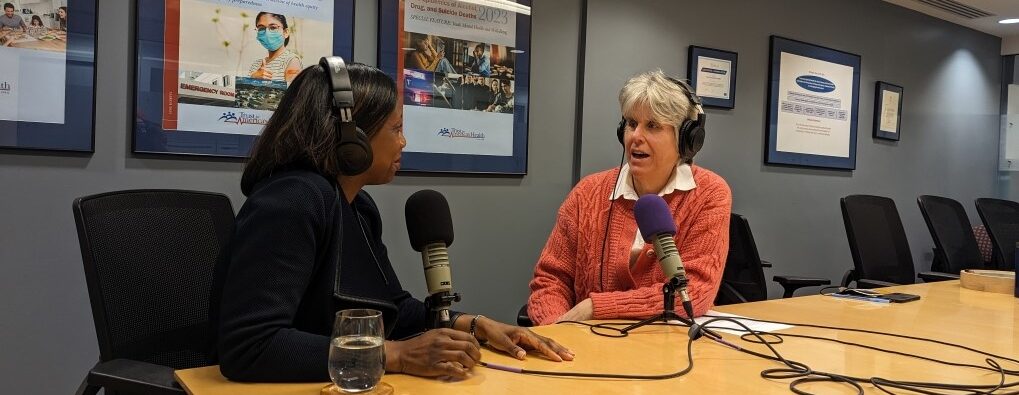El vigésimo informe anual revela que 22 estados presentan niveles de obesidad en adultos superiores al 35 por ciento
(Washington, DC – 21 de septiembre del 2023) – Según el nuevo informe, publicado el día de hoy sobre el Estado de la obesidad 2023: Mejores políticas para una América más saludable (State of Obesity 2023: Better Policies for a Healthier America), demuestra que la cantidad de adultos en los Estados Unidos con obesidad sigue aumentando. Dicho informe es la vigésima edición anual producida por Trust for America’s Health (TFAH), el cual examina las causas fundamentales del aumento de las tasas de obesidad en el país y hace recomendaciones de políticas para abordarlas.
De acuerdo con el análisis de TFAH de los datos más recientes del Centros para el Control y la Prevención de Enfermedades (CDC, por sus siglas en inglés) y del Sistema de Vigilancia de Factores de Riesgo del Comportamiento, en el 2022, 22 estados tenían una tasa de obesidad en adultos igual o superior al 35 por ciento, en comparación a 19 estados registrados el año anterior. Hace una década atrás, no se registraba una tasa de obesidad igual o superior del 35 por ciento en ningún estado.
Virginia Occidental (41%), Luisiana (40,1%), Oklahoma (40,0%) y Mississippi (39,5%) tienen las tasas más altas de obesidad en adultos. El Distrito de Columbia (24,3%), Colorado (25,0%) y Hawaii (25,9%) tienen las tasas más bajas de obesidad en adultos.
En las últimas dos décadas, las tasas de obesidad han aumentado en todos los grupos de población, y ciertas poblaciones de color experimentan las tasas más altas, a menudo debido a dificultades de estructura referente a una alimentación saludable y a la falta de oportunidades y lugares para estar físicamente activo.
Los resultados de la data en el informe de la Encuesta Nacional de Examen de Salud y Nutrición (NHANES) 2017-2020 rastrean las tendencias de la obesidad a nivel nacional y dentro de los grupos de población. A nivel nacional, el 41,9 por ciento de los adultos tienen obesidad. Los adultos negros, latinos y las personas que viven en comunidades rurales tienden a tener las tasas más altas de obesidad.
- Los adultos negros tienen el nivel más alto de obesidad adulta con un 49,9 por ciento.
- Los adultos hispanos tienen una tasa de obesidad del 45,6 por ciento.
- Los adultos blancos tienen una tasa de obesidad del 41,4 por ciento.
- Las zonas rurales del país tienen mayores índices de obesidad que las zonas urbanas y suburbanas.
Las tasas de obesidad también están aumentando entre los niños y adolescentes: casi el 20 por ciento de los niños estadounidenses de 2 a 19 años tienen obesidad según los datos de NHANES de 2017-2020. Estas tasas se han más que triplicado desde mediados de la década de 1970, siendo los jóvenes negros y latinos los que tienen las tasas de obesidad sustancialmente más altas que sus pares blancos.
Una comprensión en evolución de la obesidad
Desde la primera publicación del informe de TFAH en el 2004, la tasa nacional de obesidad en adultos ha aumentado en un 37 por ciento y la tasa nacional de obesidad juvenil aumentó en un 42 por ciento. Los aumentos generalizados muestran que la obesidad es un problema que afecta a toda la sociedad a nivel poblacional, es decir, que tiene sus raíces en factores sociales y ambientales, lo que significa que a menudo están más allá de la elección individual. TFAH concluye que resolver la crisis de obesidad del país requerirá abordar los factores económicos y estructurales que impactan el lugar donde vive la gente y su acceso al empleo, el transporte, la atención médica, alimentos asequibles y saludables, y lugares para estar físicamente activo.
En los últimos 20 años, se han logrado avances importantes en la comprensión de que la obesidad es una enfermedad y cómo prevenirla, entendiendo el papel que desempeñan los determinantes sociales de la salud y las desigualdades en el ámbito salubre a la hora de impulsar las tasas de obesidad. Además, la implementación de muchas políticas y programas relacionados con la obesidad, brindando un mayor acceso y beneficios dentro de los programas de apoyo nutricional, tienen un historial comprobado de éxito, pero se necesita una mayor inversión para llegar a más personas y comunidades.
“Es fundamental reconocer que la obesidad es una enfermedad multifactorial que involucra mucho más que el comportamiento individual”, dice J. Nadine Gracia, M.D., MSCE, presidente y director ejecutivo de Trust for America’s Health. “Para detener la tendencia de décadas de aumentar las tasas de obesidad, debemos reconocer que la crisis de la obesidad tiene sus raíces en desigualdades económicas, sanitarias y ambientales. Garantizar que todas las personas y comunidades tengan oportunidades equitativas y acceso a alimentos saludables y actividad física es fundamental para abordar esta crisis”.
Abordar la obesidad es fundamental porque está asociada con una variedad de enfermedades, como diabetes tipo 2, enfermedades cardíacas, accidentes cerebrovasculares, artritis, apnea del sueño y algunos cánceres. Se estima que la obesidad aumenta el gasto sanitario en Estados Unidos en 170.000 millones de dólares al año (incluidos miles de millones de Medicare y Medicaid).
Recomendaciones para abordar la crisis de la obesidad
El informe propone un plan de acción, promoviendo ciertas recomendaciones para ser consideradas por funcionarios federales, estatales, locales y otras partes interesadas en cinco áreas en particular:
- Promover la equidad en salud dedicando estratégicamente recursos federales a esfuerzos que reduzcan las disparidades relacionadas con la obesidad y las condiciones relacionadas, incluso aumentando la financiación para los programas de prevención de enfermedades crónicas y obesidad de los CDC.
- Disminuir la inseguridad nutricional y al mismo tiempo mejorar la calidad nutricional de los alimentos disponibles. Las medidas de acción incluyen garantizar comidas escolares saludables para todos los estudiantes, aumentar el acceso al Programa de Asistencia Nutricional Suplementaria (SNAP) y otros programas de apoyo nutricional, e implementar un sistema obligatorio de etiquetado frontal en los envases de alimentos para ayudar a los consumidores a tomar decisiones informadas.
- Cambiar las estrategias de marketing y precios que conducen a disparidades en materia de salud, incluido el cierre de lagunas fiscales y la eliminación de las deducciones de costos comerciales por anunciar alimentos no saludables a los niños.
- Hacer que la actividad física y el entorno construido sean más seguros y accesibles para todos. Las medidas de acción incluyen aumentar los fondos federales para la educación para apoyar la salud y la educación física en las escuelas e invertir en proyectos donde la gente pueda transportarse activamente por senderos para peatones y bicicletas.
- Trabajar en el sistema de atención médica para reducir las disparidades sociales y aumentar el acceso al seguro médico mediante la expansión de Medicaid, haciendo que los seguros en el mercado sean más asequibles, ampliando los exámenes de atención médica para las necesidades sociales.
Trust for America’s Health es una organización no partidista y sin fines de lucro que promueve una salud óptima para cada persona y comunidad y hace de la prevención de enfermedades y lesiones una prioridad nacional. www.tfah.org
